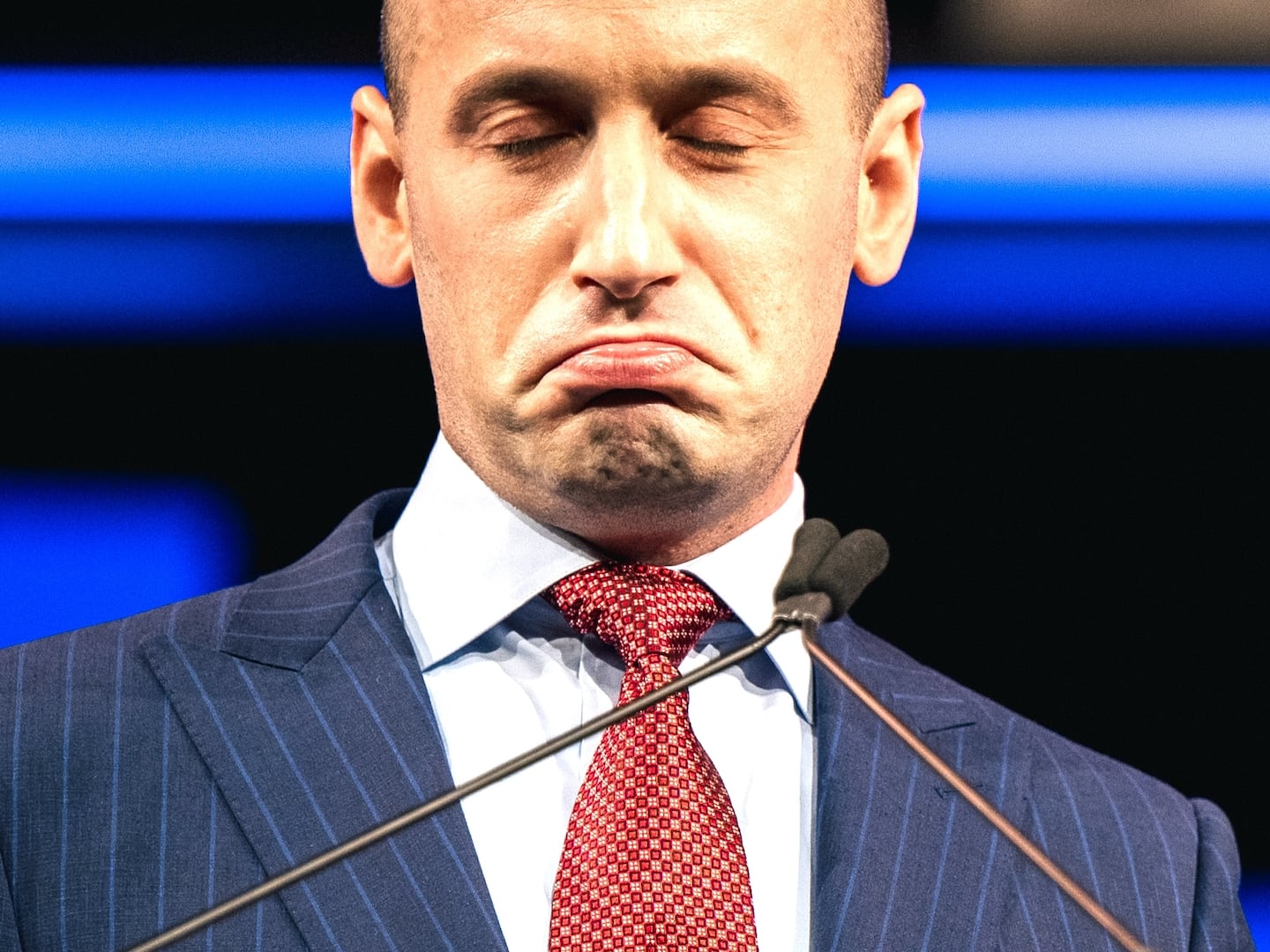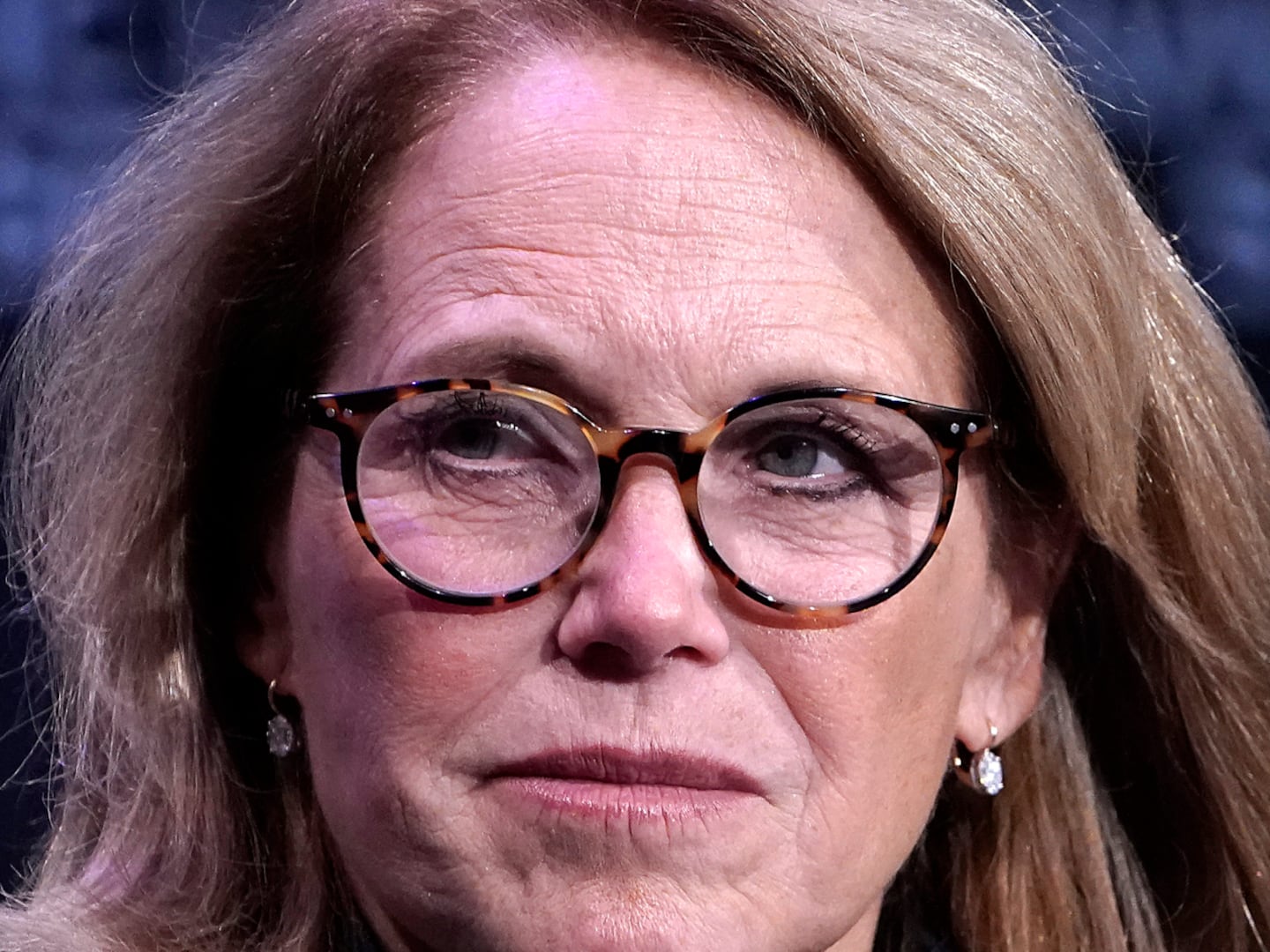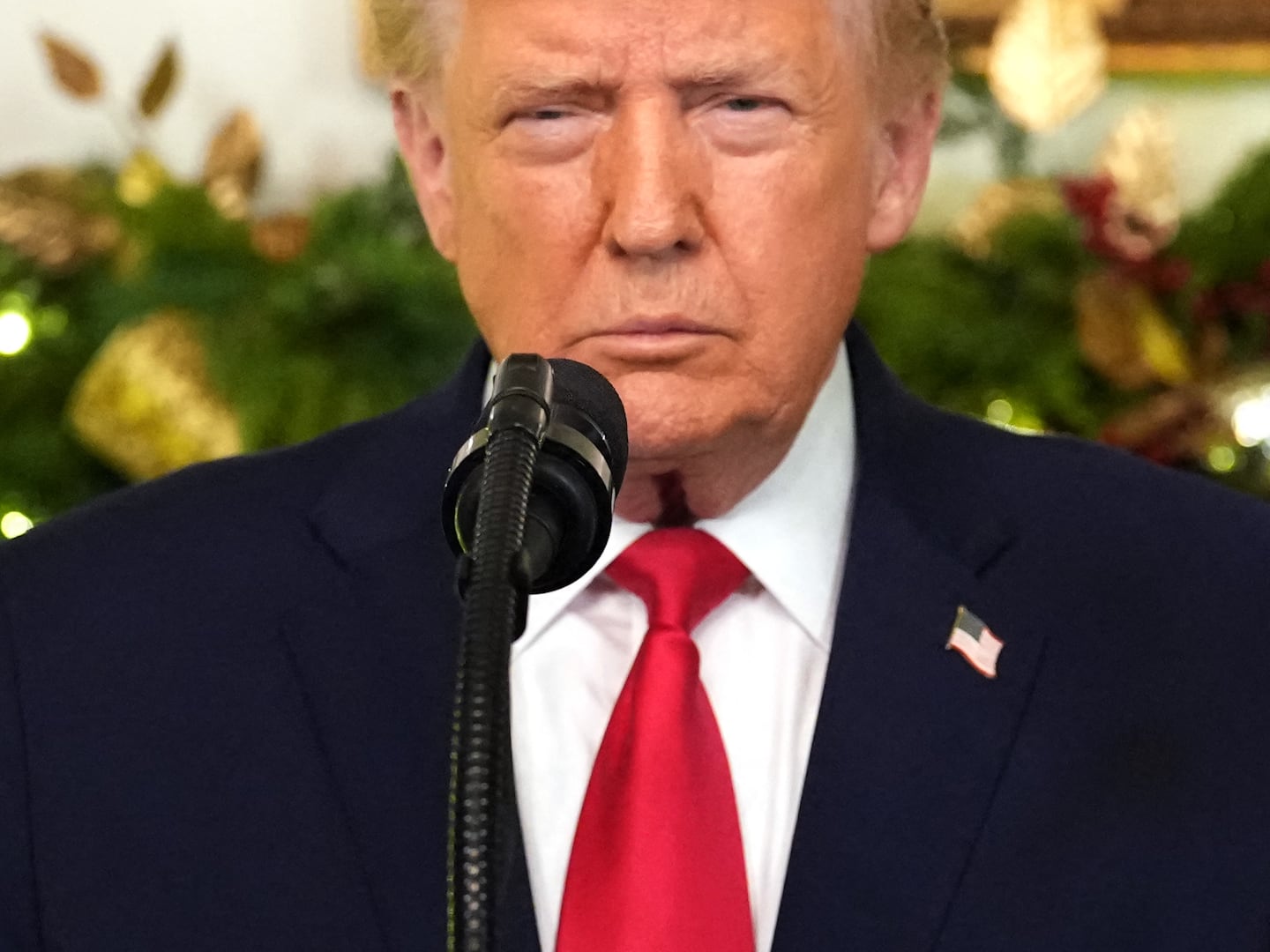U.S. officials said on Monday that the FBI has discovered 14,900 emails and documents that Hillary Clinton did not turn over from her private email server that she used while serving as secretary of state.
That number, first reported by The Washington Post, is the first specific indication that a far larger number of emails from Clinton’s controversial “homebrew” server remain unexamined by State Department officials than was previously understood.
A federal judge has ordered the department to release the emails; the first batch could be released as early as next month.
Clinton has said that she turned over all the work-related emails in her possession, some 30,000 messages, after the State Department requested former secretaries of state to identify and provide copies of any messages they sent over a private email account.
But the revelation that investigators found a cache of information perhaps half the size of what Clinton initially disclosed raised questions about how she and her lawyers determined which emails they wanted to disclose or keep private, and how extensive a search they mounted.
The State Department is still reviewing the emails and documents discovered by the FBI to determine how many of them are work-related. It’s not known whether the cache includes duplicates of messages that the State Department has already reviewed.
But a senior official acknowledged that there are likely to be many new emails in the batch.
“We still don’t have firm sense of how many of these 14,900 are new that we haven’t seen before. Granted, that’s a healthy number, so there’s likely to be quite a few,” department spokesperson Mark Toner told reporters.
Clinton’s opponents seized on the FBI’s discovery as further evidence of her attempts to obfuscate her communications and avoid responsibility for using an email system that FBI Director James Comey last month called “extremely careless.”
“Clinton’s pattern of serial dishonesty is completely unacceptable for a candidate seeking the nation’s highest office, and her refusal to tell the truth and own up to her poor judgment is a preview of how she would conduct herself if elected president,” Republican National Committee Chairman Reince Priebus said in a statement.
Tom Fitton, the president of conservative watchdog Judicial Watch, which is suing for the emails to be publicly disclosed, said the State Department had “slow-walked and stonewalled the release of these records.”
A spokesperson for the Clinton campaign didn’t respond to a request for comment.
Clinton has given numerous explanations for her decision to use a server located in her home in New York. But neither she nor her attorneys have described in detail how they determined which of her emails were work-related, and could be turned over to State, and which ones were personal in nature and subsequently deleted.
David Kendall, Clinton’s attorney, didn’t respond to a request for comment on the methodology, search terms, or other techniques that he and his colleagues used.
But in July, Comey gave some insight into the process, noting that unlike FBI investigators, Clinton’s attorneys didn’t actually read all her emails.
“[I]nstead, they relied on header information and used search terms to try to find all work-related e-mails among the reportedly more than 60,000 total e-mails remaining on Secretary Clinton’s personal system in 2014,” Comey said in a public statement in July, when he criticized Clinton’s decision to use private email but recommended against prosecuting her or her aides.
Comey continued, “It is highly likely their search terms missed some work-related e-mails, and that we later found them, for example, in the mailboxes of other officials or in the slack space of a server.”
But what those search terms were, Comey didn’t say, and might not have known. Legal experts said that the exact terms could be protected by attorney-client privilege and not disclosed.
Comey emphasized that there was no evidence Clinton or her lawyers had deliberately deleted messages “in an effort to conceal them.”
Rather, “like many email users, Secretary Clinton periodically deleted emails or emails were purged from the system when devices were changed,” Comey said.
Clinton’s email system didn’t archive messages, which Comey said may explain why she wasn’t able to locate some messages that the FBI, with its advanced forensics capabilities, did discover.
But Clinton’s attorneys also rendered some emails permanently irretrievable. The lawyers “deleted all emails they did not return to State, and the lawyers cleaned their devices in such a way as to preclude complete forensic recovery,” Comey said.
At a hearing two days after Comey’s statement, Republican lawmakers asked him whether Clinton knew that her attorneys were permanently deleting some messages and inquired about what role she played in deciding which messages to keep from the State Department.
“Is it possible because of what her lawyers did that they were erasing things that were incriminating, maybe involving items that you were not particularly investigating but these have now been destroyed forever?” Rep. Glenn Grothman asked the FBI director.
Comey repeated that the FBI found no evidence that emails were deleted in order to conceal information. “But it's possible,” he acknowledged, “that there are work related e-mails that were in the batch that were deleted.”
Comey said that he didn’t believe that Clinton had given her lawyers any instructions to permanently delete messages, nor was she aware that they had done so.
The Daily Beast previously reported that the State Department went to extraordinary lengths to allow Kendall, Clinton’s attorney, to keep all copies of her emails, including ones later determined to contain classified information.
In another matter related to Clinton’s email server, Judicial Watch released a series of emails to and from top Clinton aide Huma Abedin that the group said showed Clinton had offered special favors and access to top donors to the Clinton Foundation.
The emails show that Abedin fielded requests for meetings with Clinton, which came from big donors via other intermediaries, including a top foundation official.
But the emails also show Abedin resisting attempts to pressure a meeting simply because the person seeking an audience was a VIP.
At one point, Abedin told Clinton Foundation executive Doug Band that she was “nervous” about intervening on behalf of a donor seeking to expedite a visa application for a famous soccer player.
In another email, a political consultant presses Abedin for a meeting between Clinton and an energy company executive, noting that the executive had sought the consultant’s business “It should go without saying...because of our relationship with the Clinton’s [sic].”
But Abedin made no promises and said that the meeting should be set up through official channels.
“I hope we can make something work… we have to work through the beauracracy [sic],” Abedin replied.






